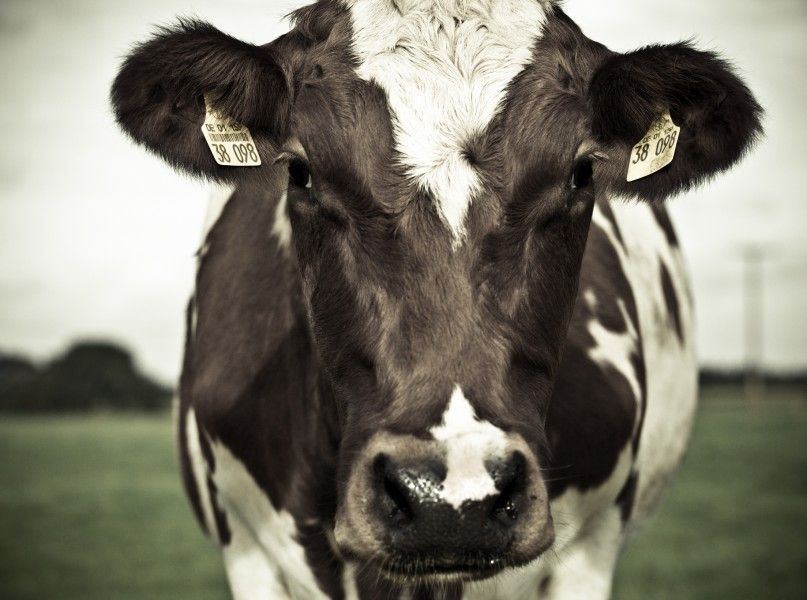Imagine a world in which animal products are produced without harming or slaughtering any animals.
Modern Meadow, the bioengineering startup using tissue-engineering techniques to grow meat and leather in a lab recently raised $10 million in a Series A round. The round was led by Horizons Ventures, which is the venture fund of Mr. Li Ka-shing, who also invested in Facebook, Skype, Spotify, Siri, andHampton Creek.
 The company says it will use the funds to push R&D and product development, as well as to open research headquarters at the Brooklyn Army Terminal in New York City.“We are delighted to partner with Modern Meadow whose truly innovative and disruptive solutions together with its increasing cost effectiveness can help address global resources challenges,” said Bart Swanson of Horizons Ventures.
The company says it will use the funds to push R&D and product development, as well as to open research headquarters at the Brooklyn Army Terminal in New York City.“We are delighted to partner with Modern Meadow whose truly innovative and disruptive solutions together with its increasing cost effectiveness can help address global resources challenges,” said Bart Swanson of Horizons Ventures.
“With the livestock industry being the largest user of land and water and the leading driver of climate change, now is the time to pursue better alternatives,” said Modern Meadow CEO, Andras Forgac. “Our goal is to develop new cultured leather materials with advantages in design, performance, sustainability and animal welfare. In the longer term, we are also developing meat products that are healthier, safer and don’t require harming animals or the environment.”
According to Forgac, humans will require 100 billion land animals to support the human population, making our current meat and leather production practices unsustainable. As animal farming demands one-third of all available land on the planet, meat and leather are already two of the most environmentally straining industries.
Forgac and his team at Modern Meadow believe the sustainable solution lies in tissue engineering.
Using existing engineering techniques initially developed for medical uses, Modern Meadow has designed their own techniques integrating methods like biofabrication and bioprinting. The company reports that their tissue engineering would require 99 percent less land, 95 percent less water, and 96 percent fewer greenhouse gasses emitted than using traditional production methods.
“We are thrilled to have the support of such visionary and engaged investors,” Forgac said.
If you have any news, insights to share, would like to pitch guest posts, commentaries or white papers, drop me a line at [email protected].
FEATURED PHOTO: b3d_/Flickr





